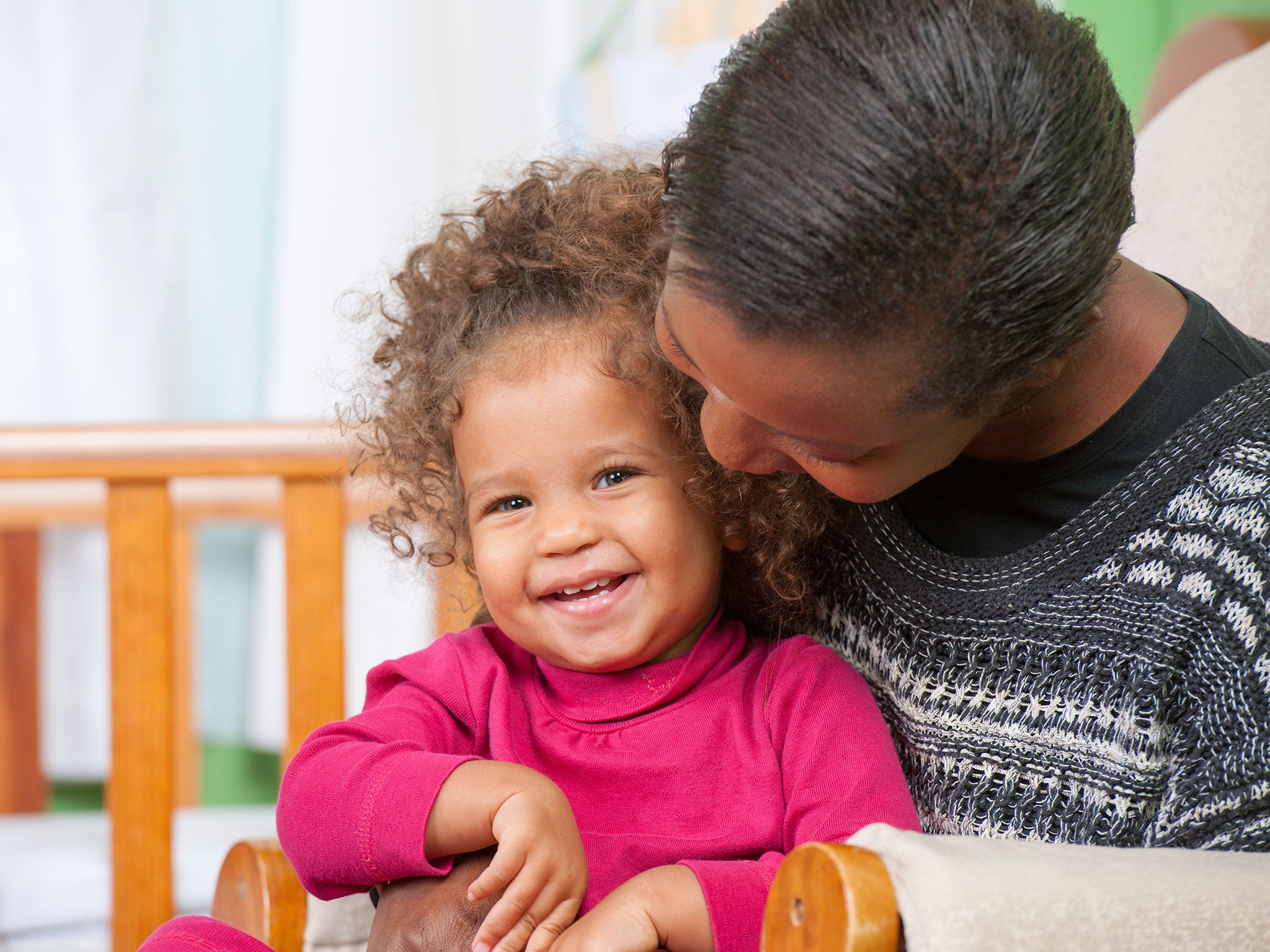Babies acting cute is a ploy to trick adults into caring for them, scientists say
Cuteness affects all people, no matter their gender or whether or not they have children

Your support helps us to tell the story
From reproductive rights to climate change to Big Tech, The Independent is on the ground when the story is developing. Whether it's investigating the financials of Elon Musk's pro-Trump PAC or producing our latest documentary, 'The A Word', which shines a light on the American women fighting for reproductive rights, we know how important it is to parse out the facts from the messaging.
At such a critical moment in US history, we need reporters on the ground. Your donation allows us to keep sending journalists to speak to both sides of the story.
The Independent is trusted by Americans across the entire political spectrum. And unlike many other quality news outlets, we choose not to lock Americans out of our reporting and analysis with paywalls. We believe quality journalism should be available to everyone, paid for by those who can afford it.
Your support makes all the difference.The big eyes and chubby cheeks of cute children is really just a way of encouraging adults to look after them, scientists have said.
Cuteness in children evolved as a way of encouraging care-giving and ensuring children’s survival, according to researchers from Oxford University.
The new review of the latest research into cuteness looked at the way that the neural networks in the brain work when caring for people.
It found that children attract adults to look after them not just through their visual cuteness – which can also be seen in cuddly toys and cute animals – but also through sounds and smells.
"Infants attract us through all our senses, which helps make cuteness one of the most basic and powerful forces shaping our behaviour,” said Professor Morten Kringelbach, of Oxford University's Department of Psychiatry, who led the review.
"This is the first evidence of its kind to show that cuteness helps infants to survive by eliciting care-giving, which cannot be reduced to simple, instinctual behaviours. Instead, care-giving involves a complex choreography of slow, careful, deliberate, and long-lasting prosocial behaviours, which ignite fundamental brain pleasure systems that are also engaged when eating food or listening to music, and always involve pleasant experiences."
Nobody is safe from the appeal of cuteness, which affects men and women whether or not they have children, according to the review in Trends in Cognitive Sciences.
"This might be a fundamental response present in everyone, regardless of parental status or gender, and we are currently conducting the first long-term study of what happens to brain responses when we become parents," said Prof Kringelbach.
Join our commenting forum
Join thought-provoking conversations, follow other Independent readers and see their replies
Comments